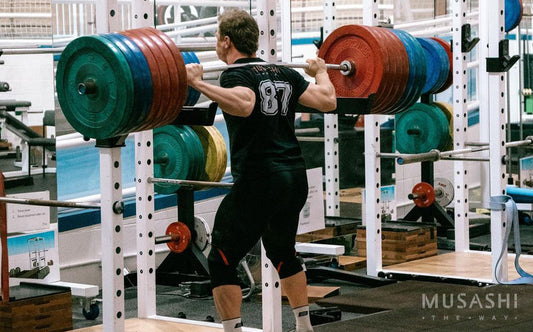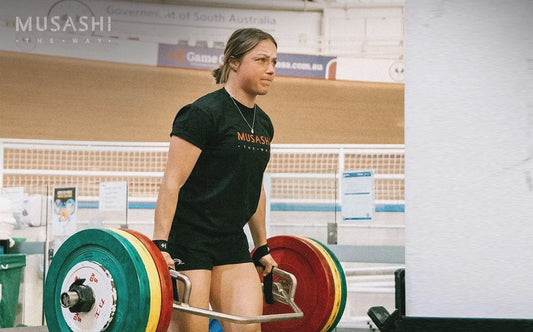
The Differences in Muscles and Strength Between Women and Men
Whether you are training for a marathon, playing competitive footy or just training to stay fit and healthy, training works similarly for men and women. In general, no exercise or training method is off-limits, unless you are injured, or it just doesn’t work for you.
Men and Women Have Similar Muscle Tissue
Women tend to be smaller and lighter and have a higher proportion of body fat, compared to men however research has found, muscle tissue from both males and females is similar. Research shows that the percentage of type I (endurance) and type II (strength) muscle is different. The difference is women have a higher level of endurance fibres and men have a higher level of strength fibres. This proves that there are some differences in the results that men and women might achieve, but this does not mean that men and women should train any differently.
Do Hormones Make a Difference in Training?
Hormones can also play a part in training results as they play a role in building strength and muscle breakdown. Hormones are the body's messengers; they move through the blood delivering messages and instructions from your organs to your brain and vice versa. It is well known that men and women have different levels of hormones which can also influence exercise and results. In men, hormones are generally stable day-to-day, however, in women, hormones constantly fluctuate.
This does not mean that men and women need to train any differently, it might just mean their results might be different or they might need to eat slightly differently to achieve their goals. It is important to always consume recovery protein e.g., Musashi 100% Whey or Musashi BCAA’s within 45-minutes of finishing training to help repair and maintain muscle tissue for better results.
Men and Women Are Closely Matched in Training Performance
Women might not be able to match a similarly sized man in strength, speed, or absolute endurance but they are not far off! Looking at the records from past Olympics, the average difference between a gold medal for men and women is only about 10% across all events. If you look closely at sports like shooting and equestrian, where performance relies on balance and mental concentration and not just physical power – women and men are often on par.






































